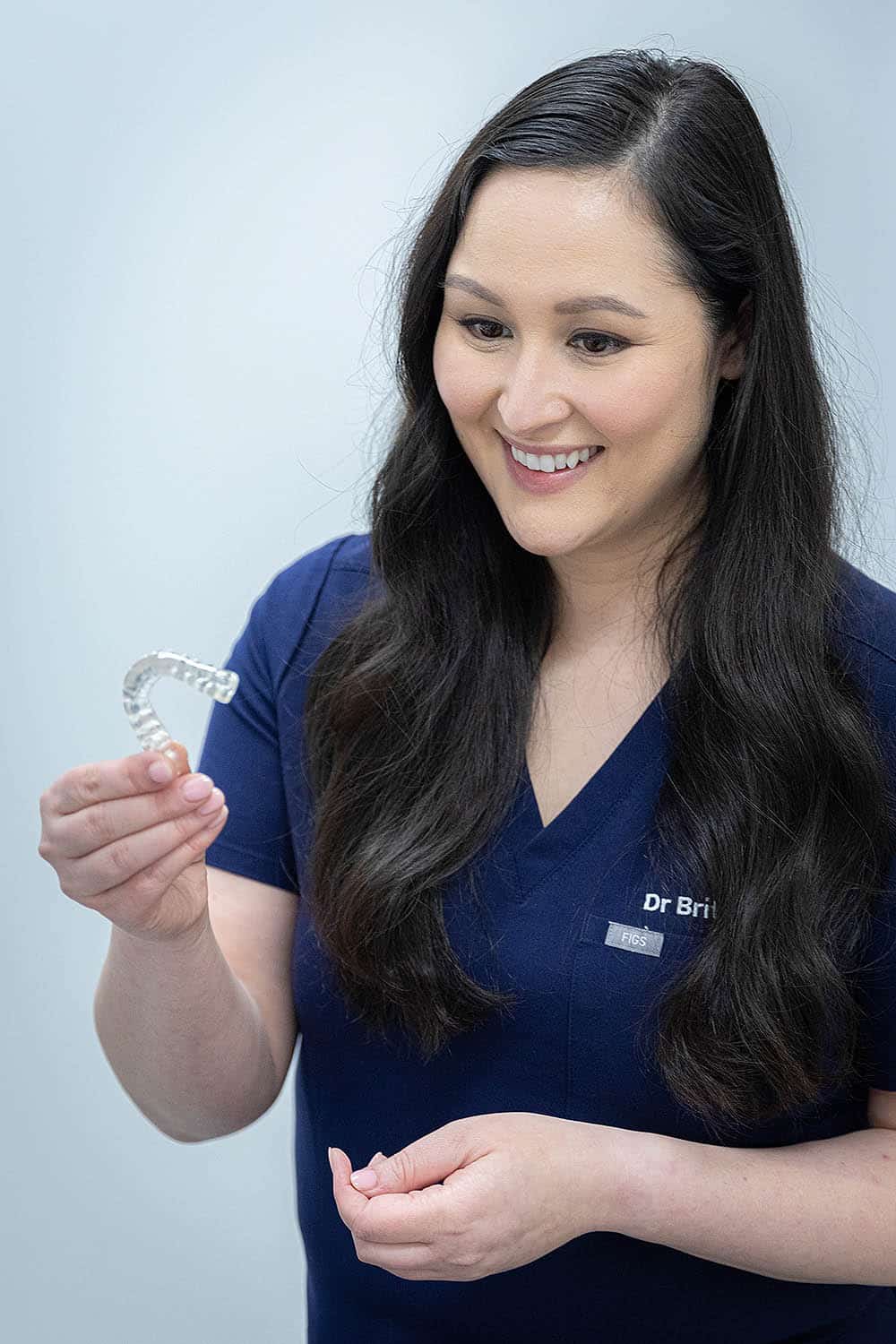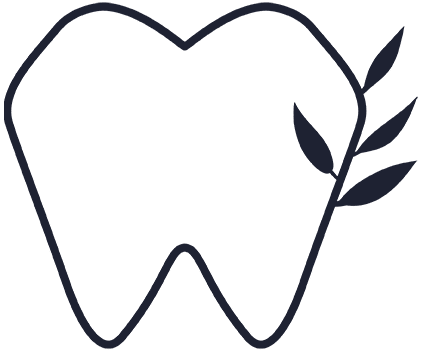Teeth Grinding & TMJ Disorder

Are your teeth unexpectedly fracturing or jaw hurting? You might be suffering from bruxism!
Teeth grinding (bruxism) is the involuntary clenching or grinding of the teeth. It generally happens during sleep, but some people experience it when they are awake. There are many reasons why someone might develop bruxism, including emotional stress (e.g. anger and anxiety), drug use (e.g. stimulants), having to concentrate hard, and illness. Some people may also develop bruxism from the misalignment of teeth. Grinding can lead to a myriad of dental and oral complications, including:
- Teeth that are flattened, fractured, chipped or loose
- Worn tooth enamel, exposing deeper layers of your tooth
- Increased tooth pain or sensitivity
- Tired or tight jaw muscles, or a locked jaw that won’t open or close completely
- Jaw, neck or face pain or soreness
- Dull headache or pain that feels like an earache, though it’s actually not a problem with your ear
At The Grove Dental Rouse Hill, we are dedicated to diagnosing behavioural and physical complications, such as grinding, as these usually require targeted treatment approaches to prevent further damage. We recommend patients with bruxism to wear a custom-fitted bite splint or protective mouthguard throughout the night or during idle times of the day (e.g. commuting to and from work).
Temperomandibular Joint (TMJ) disorders and treatment
Sometimes, grinding is a sign of a deeper problem with the temperomandibular joint (TMJ). The TMJ is the joint around which your lower jaw (mandible) opens and closes your mouth, and the way your teeth bite and fit together can impact the function of these hinge joints. An unhealthy TMJ shares many of the same symptoms as bruxism, including earaches, migranes/headaches, muscle stiffness, popping or clicking of the jaw, reduced range of motion, irregular tooth wear and difficulty eating.
Although some of the treatment options are also similar, at The Grove Dental Rouse Hill, we closely investigate ways to ensure that your TMJ can work efficiently and without constriction. This might involve making small modifications to the way restorations fit or replace missing teeth. We also offer non-surgical interventions such as neurotoxins (Botox). This can often aide in relaxing the TMJ and minimising side effects such as headaches and facial pain.


